Cancer researchers identify the switch that allows intestinal cells to regenerate after injury
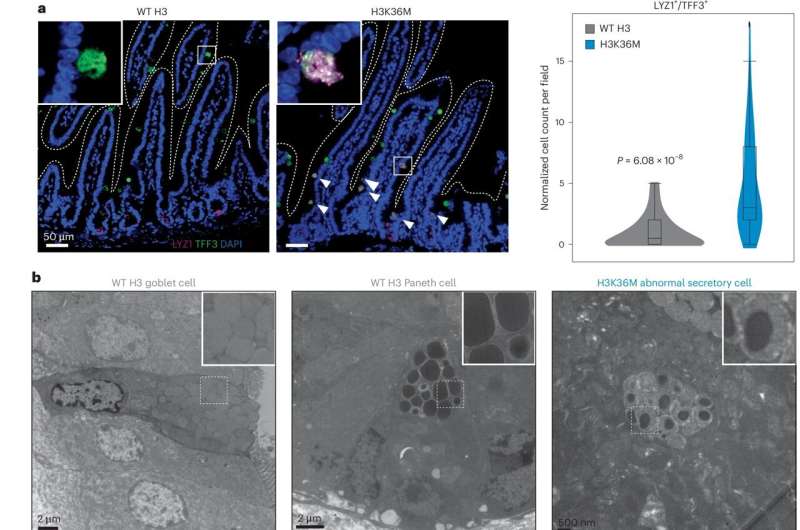
Researchers from the University of Colorado Cancer Center have solved a cellular mystery that may lead to better therapies for colorectal and other types of cancer.
Cancer-keeper genes offer targets for disrupting cancer cell maintenance
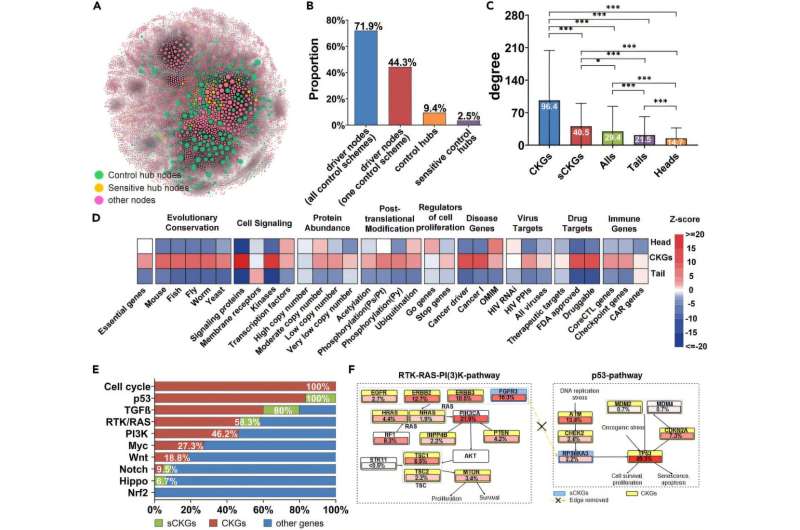
By analyzing huge amounts of biological data, the use of machine learning accelerates the identification of critical control hubs that are sensitive to changes in the network structure of the total controllability network, thereby having potential as diagnostic biomarkers and therapeutic targets for disease and cancer treatment.
Protein HKDC1: A new potential target for colon cancer therapy
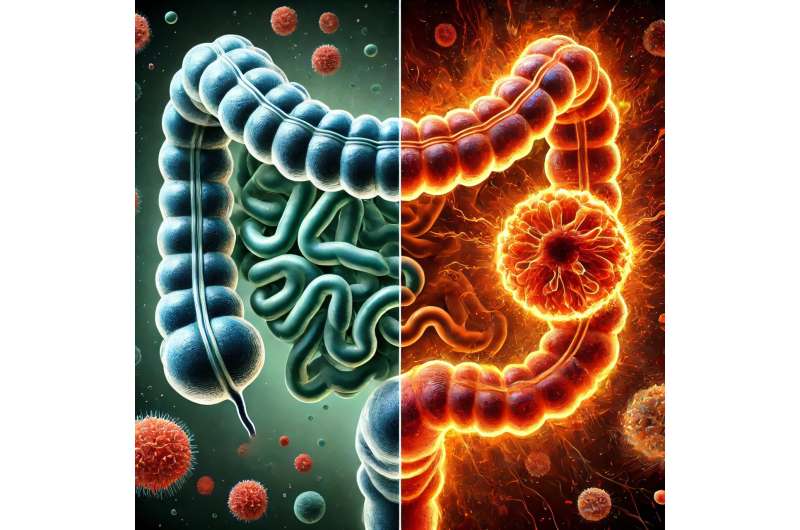
People with inflammatory bowel disease (IBD) also have an increased risk of developing colorectal cancer. However, the exact mechanisms behind this are still largely unknown.
Researchers learn how a drug called zotatifin kills cancer cells
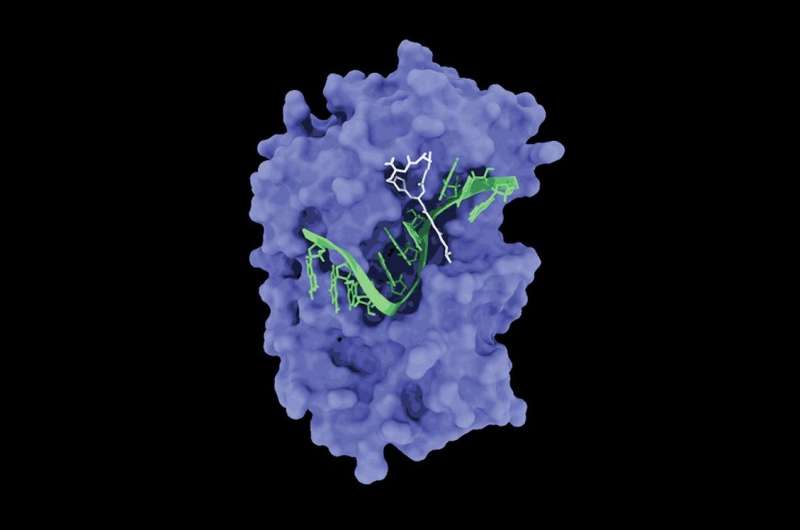
Swirling inside every cell are millions of microscopic messages called messenger RNAs (mRNAs).
Second TB vaccination boosts immunity in bladder cancer patients and reduces cancer recurrence, pilot study suggests

Two doses of a simple tuberculosis vaccination after surgery helps the immune system fight cancer cells and could greatly improve patient outcomes for the most common type of bladder cancer, according to a pilot study of 40 patients.
Genetic mutation predicts pancreatic cancer metastasis and survival
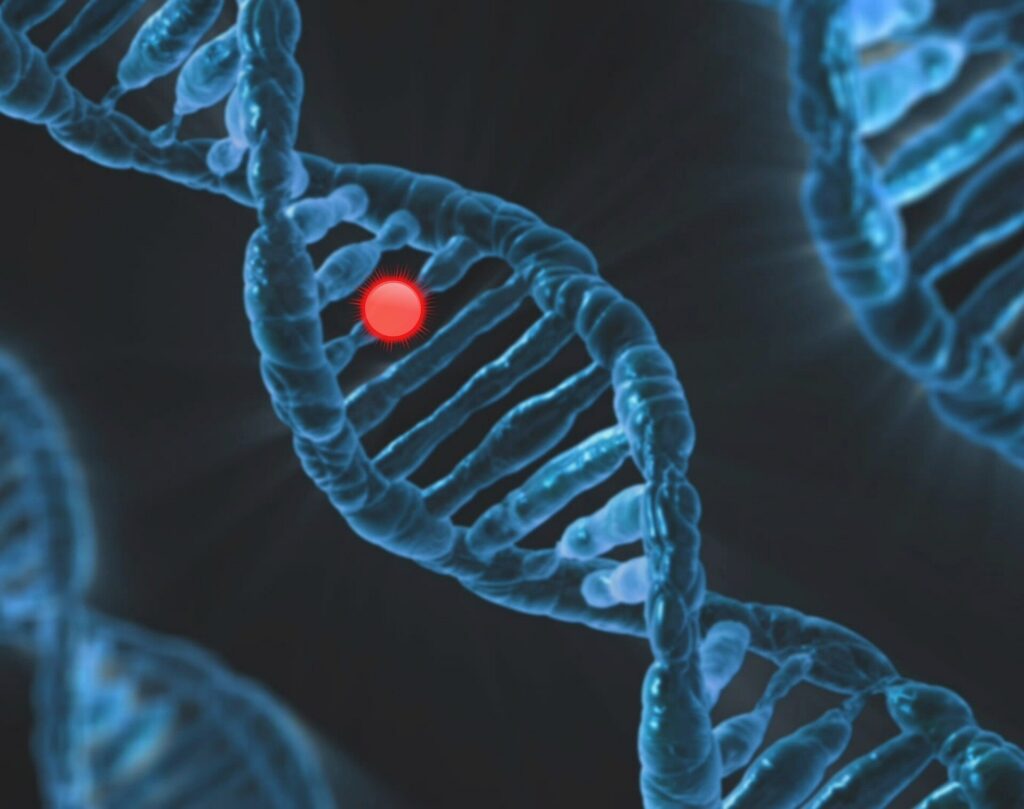
A new study by Mayo Clinic Comprehensive Cancer Center researchers found that the presence of a specific genetic mutation—KRAS circulating tumor DNA (ctDNA)—strongly indicates a higher risk of cancer spread and worse survival rates for patients with pancreatic ductal adenocarcinoma (PDAC).
AI tool helps predict who will benefit from focal therapy for prostate cancer

A study led by UCLA investigators shows that artificial intelligence (AI) could play a key role in improving treatment outcomes for men with prostate cancer by helping physicians determine who is most likely to benefit from partial gland cryoablation, a minimally invasive procedure that treats localized prostate tumors.
Dendritic cell vaccine strategy may improve breast cancer treatment outcomes

Moffitt Cancer Center researchers have discovered a promising new vaccine strategy for treating a specific type of breast cancer. The innovative approach targets human epidermal growth factor receptor 2-positive, estrogen receptor-negative (HER2-positive, ER-negative) breast cancer and has shown encouraging results in a recent pilot study.
New AI tool visualizes a cell’s ‘social network’ to help treat cancer

A first-of-its-kind artificial intelligence (AI)-based neural network can rapidly analyze and interpret millions of cells from a patient sample, predicting molecular changes in the tissue.
Immunotherapy may boost KRAS-targeted therapy in pancreatic cancer

Adding immunotherapy to a new type of inhibitor that targets multiple forms of the cancer-causing gene mutation KRAS kept pancreatic cancer at bay in preclinical models for significantly longer than the same targeted therapy by itself, according to researchers from the Perelman School of Medicine at the University of Pennsylvania and Penn Medicine’s Abramson Cancer Center.
RNA molecule identified as possible driver of gastric cancer
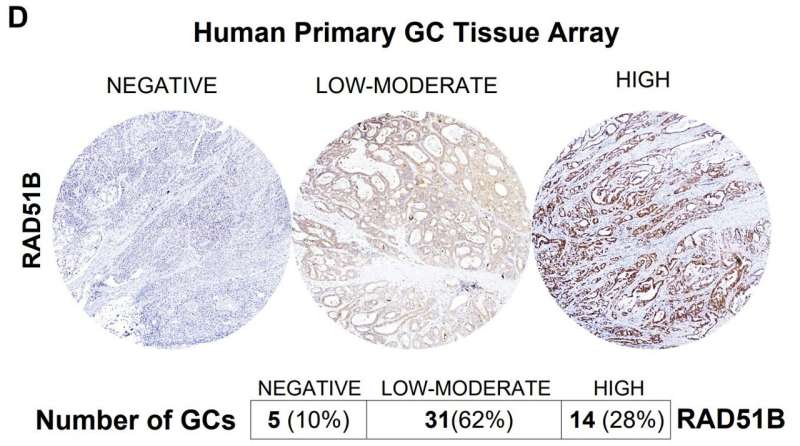
Researchers at Case Western Reserve University have discovered molecules that present the potential to drive the development of gastric cancer—among the world’s deadliest forms of the disease.
New technique to measure circulating tumor DNA in metastatic cancer may improve surveillance and outcomes
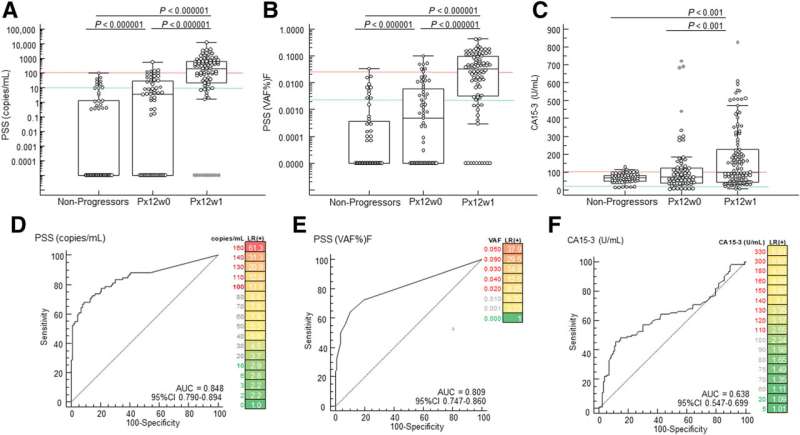
In metastatic cancer surveillance, monitoring the actual concentrations of circulating tumor DNA (ctDNA) may be critical. Researchers showed that absolute ctDNA concentration thresholds can be defined to rule out or predict impending cancer progression.






